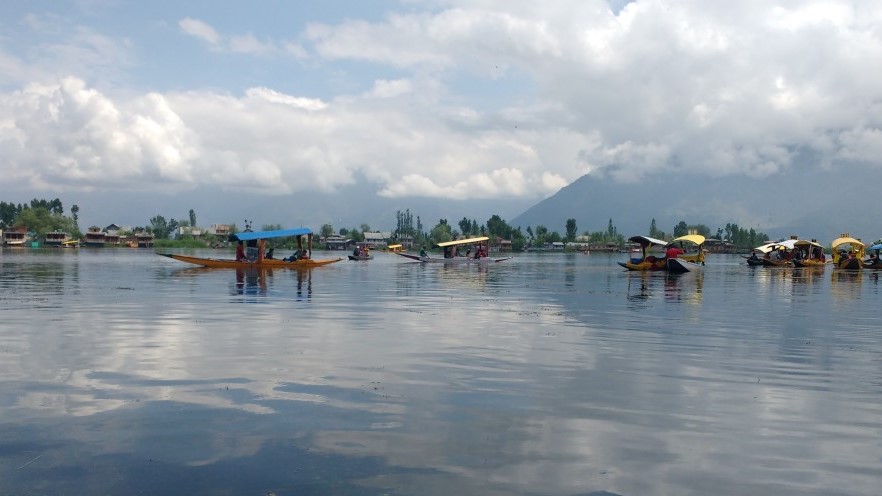On 7-15 December 2020 SaciWATERs-CapNET network (SCaN), the South Asia Consortium for Interdisciplinary Water Resources Studies, conducted a training workshop on climate leadership and interdisciplinary research methods for post-graduate students of IWRM in four South Asian universities – Bangladesh University of Engineering and Technology (Dhaka), Anna University (Chennai), Nepal Engineering College, and University of Peradeniya (Kandy). This training was conducted under the SAWA (South Asia Water) Leadership Programme of Climate Change, funded by IDRC, Canada. The workshop was developed combining lecture-based training as well as supervised fieldwork experience.
Due to the pandemic, the workshop required a blended training approach. While the lectures were held online, the fieldwork was carried out by students nearby their current locations, requiring mostly one-on-one interviews over the phone, or physically distanced meetings. The goal was to enable students to think about and do research on water resources and climate change. Consequently, this training taught technical water science students that social realities and impacts of physical and ecological changes could form the basis for water scientists to take on a more empathic water and climate leadership.
The workshop covered lectures by experts from academia, civil society, media, and the development sector on quantitative and qualitative research methods, introduction to secondary data sources in South Asia, theoretical and practical concepts of interdisciplinarity, academic and popular science communication approaches and practices, and an introduction of the opportunities in the water and climate sector (academia, research, and beyond). Students also learned to design research frameworks, selection of appropriate research methods, practical exercises in selected field methods, questionnaire design, and poster presentations.
